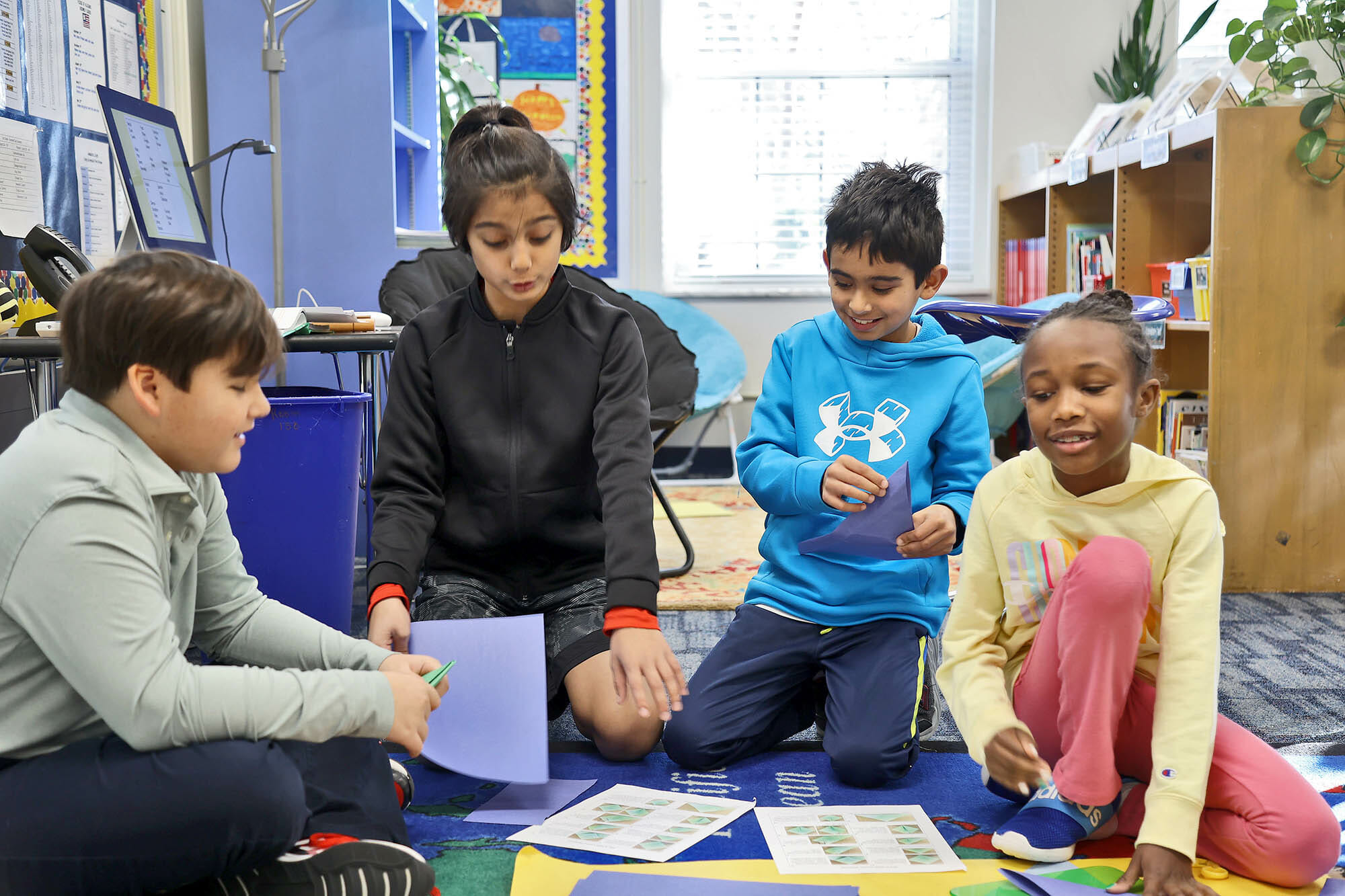The tragedy unfolding in southeastern Turkey and northern Syria this week in the wake of Monday’s earthquake and aftershocks is staggering in scale. Tens of thousands of lives have been lost, and countless people are suffering, or are connected to those who are suffering, as the full devastation of the disaster continues to reveal itself. Over the course of the week, I have found myself wondering repeatedly how many members of our MICDS community might be among them.
Too often in situations like this one, I find myself insufficiently informed as the leader of this institution. It was almost a year ago that another humanitarian crisis—the mass exodus of refugees from Ukraine in the opening days of Russia’s invasion—prompted me to survey our Upper School students for ancestral, cultural, and social connections to people in the impacted region. I would have far preferred a more accurate means of identifying this population in our community than the Google Form that I resorted to deploying. Similarly, this past fall, as we endeavored to update the School’s religious and cultural holiday observance policy to accommodate the many constituencies that we now serve at MICDS, our administrative leadership team would have been substantially assisted by precise information about the number of Christian, Hindu, Jewish, and Muslim students in our care, as well as the number of students of other faith traditions and cultures, as an alternative to educated guesswork.
Those of you who have already enrolled your children for the 2023-2024 academic year will have noticed the following language in the form:
I agree to complete the MICDS Student Census on behalf of my student(s), a link to which will be shared with me after I have enrolled my student(s) for the 2023-2024 academic year. I understand that MICDS will use demographic data on a collective basis to inform our policies and programs generally, not on an individual basis to affect the education or experience of a particular student, and that « I would prefer not to answer » will be an available response choice for every survey question.
We will begin to administer the Student Census next week, and I am very excited about the deeper insights into the composition of our community that it will afford. It is the product of conversations dating back to my first year at MICDS, when Brian Thomas and I would imagine ways to uncover “demographic nuance” in the data that we collect from families in the admissions process. The aggregated data provided through the Census that we have finally developed will reveal a much more complete picture than has heretofore been visible of the cultural, ethnic, linguistic, national, racial, and religious diversity of our student community. It will also significantly improve our ability not only to respond to current events, but to develop curricula and establish policies in ways that maximally respect this diversity. Among my challenges to our faculty and staff at the beginning of this school year was to “complicate the narrative” of human experience against its algorithmic oversimplification–an oversimplification that too often prevails in American life. Our Census is an important means toward achieving this end. We are already a complicated community. Our goal is to be the best possible kind of complicated.
Before concluding this letter, I am pleased to announce that, from your responses to my appeal two weeks ago for MICDS community reading suggestions, two titles have emerged as clear favorites: Foster by Claire Keegan and Unreasonable Hospitality by Will Guidara. If you would like to read either or both of them with me, please complete this form to indicate your availability to participate in an ad hoc book club later this year. All members of the MICDS community are welcome to join.
Always reason (except for unreasonable hospitality!), always compassion, always courage. My best wishes to you and your loved ones for a joyful weekend.
Jay Rainey
Head of School
